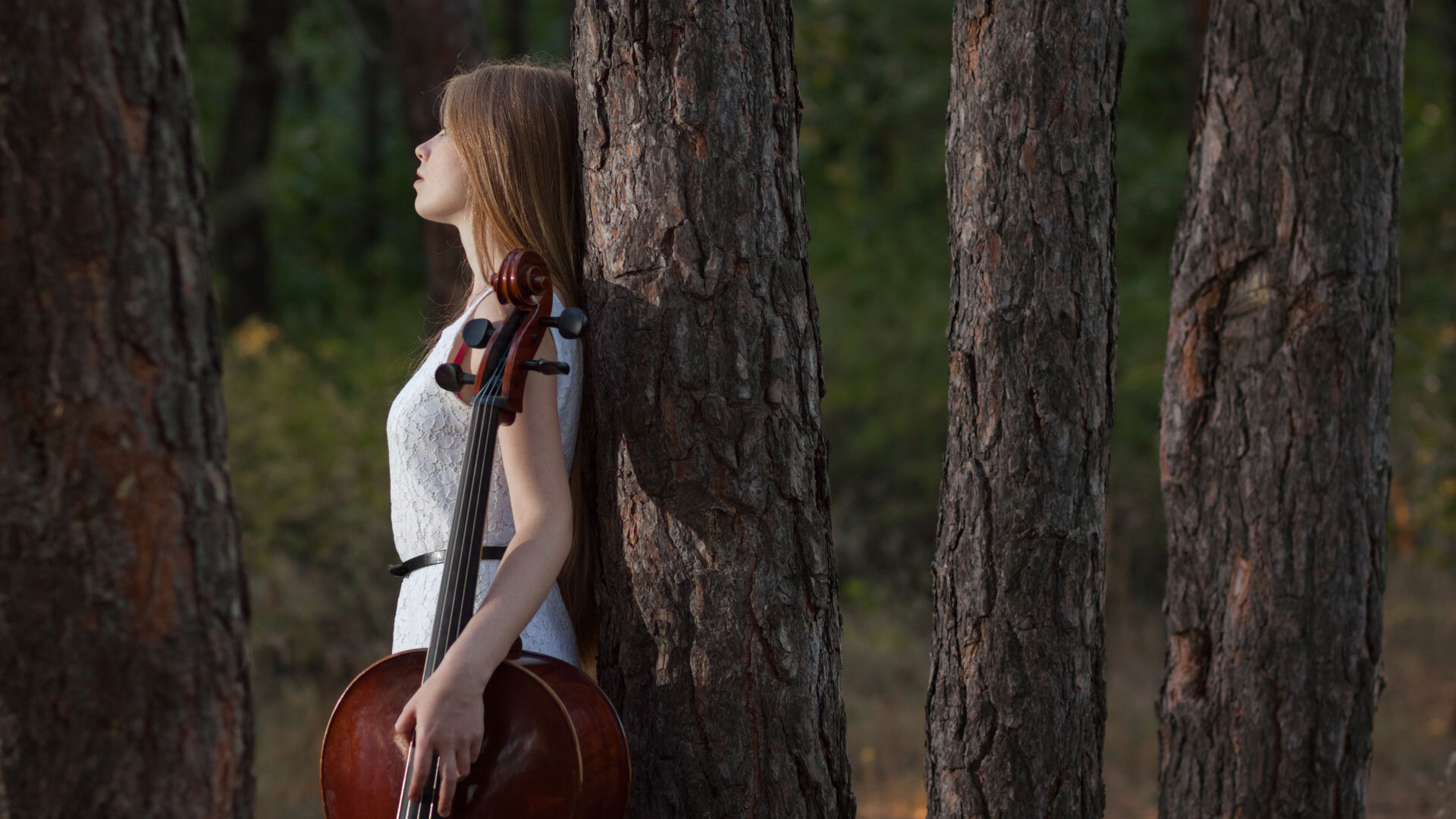Making Classical Music Carbon Free Will Cost Less Than You Might Think

Classical music has been silent about Climate Change for too long. A concert organizer from Germany wants things to change quickly. His goal: make classical concerts completely climate neutral.
“The music business can’t just duck away as if the problem didn’t exist”, Leander Hotaki explains his motivation to make classical concerts carbon neutral. “When I started organizing carbon-aware concerts in November 2018 the topic wasn’t that urgent in public discussions.”
Are you an artist or concert organizer? Devote your art to environmental protection and join the Beethoven Pastoral Project!
Classical music can’t duck away, says major artists agency
But today the rarefied world of classical music is shaken up by calls for climate action. The reason: its success as a business model, classical music relies very heavily on international touring, as Jasper Parrot, chairman at one of the major artist agencies, pointed out last month. “In the last 12 months alone HarrisonParrott has organized 38 international tours to more than 200 countries, many involving American and European orchestras traveling to Asia, which usually entails well over 100 people flying to different cities. Our roster is around 190 musicians, and many of them perform upwards of 100 concerts a year around the world.”
The resulting carbon emissions are immense, making the classical music sector in its actual state a driver of climate change. The classical music industry has been silent for too long, Leander Hotaki says. While the pop music world has been organizing concert series with an environmental focus, such as the Live Earth concerts featuring Shakira and other global stars, the world of classical music has been mostly silent about it.

Participating in the Beethoven Pastoral Project, Leander Hotaki will host a carbon-free concert featuring Riccardo Chailly and the Philarmonica Della Scala in the German towns of Freiburg and Nürnberg. “We calculated roughly 18 tonnes of carbon emissions, not including the audience”.
3 elements to start calculating carbon emission
The first step of action is knowledge, Hotaki says. So he started by calculating the emissions resulting from his concerts: “There are three elements to calculating emissions for our concerts.”
- Audience
- Venue
- Artists
“The venue is the easiest part, as one can’t change much about it.” The potential to reduce emissions depends mostly on whether the venue draws its electricity from renewable sources and how the catering is handled. “Some say that the history of a concert venue should also be included in the calculus, but that would make it pretty costly”, Leander Hotaki says. Also, he encourages the audience to take responsibility for themselves, like getting to the venue by public transport.
Hotaki and his team focused on air travel emissions instead, caused by orchestras and frequent flying artists. “By planning a tour schedule in a way that makes air travel unnecessary, we already save a lot of emissions.” What remains to be compensated can be achieved through offsets by supporting climate projects around the world. And this, Hotaki says, is not expensive: “If our engagement for Nature raises a 76-Euros-ticket to a price of 77 Euros, people will largely accept that.”
Audience demands local sustainability projects
Currently, Leander Hotaki achieves his carbon compensations through a reforestation project in Panama and developing wind power in India. “But people keep asking, why do we invest in projects so far away while there are things to do in our neighborhood.” A part of the answer is that these projects are certified by the “Gold Standard”, which offers the highest quality carbon offsets, maximizing the impact of Hotaki’s investment. “But we really see the need to bring our efforts closer to our public, so we are about to diversify our investments with local initiatives like the preservation of swamplands.”

In Hotaki’s experience, the audience is sympathetic to the project and its objective. “Companies and individuals take responsibility by sponsoring our climate efforts. In classical concerts we also have many decision-makers in the audience and, in turn, they take our efforts into their spheres. A great chance to decentralize our mission to spread climate awareness around classical music and spark a larger public discussion about our responsibility towards nature.”
By sharing the responsibility of a climate-neutral concert experience with stakeholders and the audience Hotaki also aims at creating new target groups for classical music within green companies and projects: “We have a long road ahead, but the first step is done.”
Dr. Leander Hotaki is managing director of the Hörtnagel Konzerte Nürnberg and Albert Konzerte, where he is also an artistic director. Find all the information about his concert with Riccardo Chailly and Filarmonica Della Scala on May 06 here.



Leave a Reply